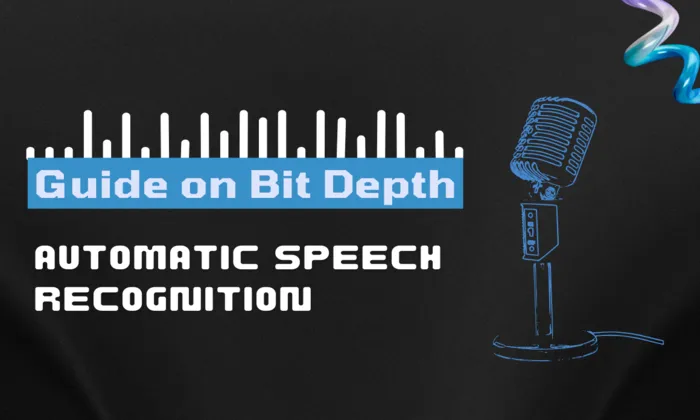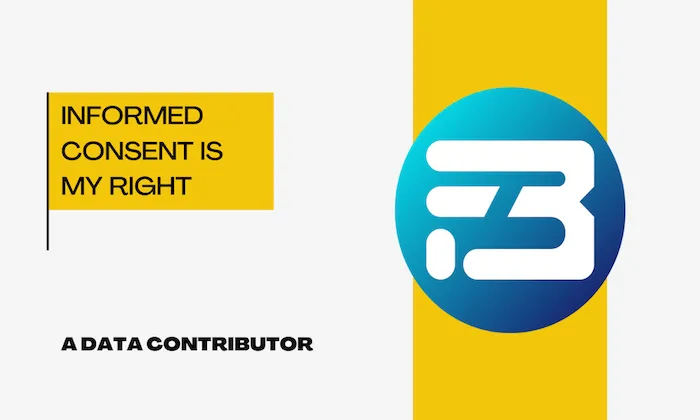What is human-in-the-loop evaluation in speech AI?
Human Feedback
Evaluation
Speech AI
Human-in-the-loop (HITL) evaluation in speech AI is a crucial methodology that integrates human judgment to enhance both the accuracy and contextual relevance of AI-generated outputs. This approach is essential in speech AI, where nuances like tone and emotion significantly influence the effectiveness of models. By blending machine efficiency with human insight, HITL creates a comprehensive evaluation framework.
Key Concepts of Human-in-the-Loop Evaluation in Speech AI
Human-in-the-loop evaluation involves active participation from human evaluators in assessing AI outputs. This is particularly vital in speech AI, where understanding accents, dialects, and cultural nuances is crucial. HITL combines machine learning with human expertise to ensure AI systems are not only technically sound but also contextually relevant and user-friendly.
Why Human-in-the-Loop Evaluation is Critical
- Quality Assurance: Human evaluators can catch errors and biases that machines might overlook, which is critical in sensitive areas like healthcare and customer service.
- Contextual Relevance: Evaluators help ensure speech AI systems are inclusive and understand different accents and cultural nuances.
- Iterative Improvement: Human feedback allows AI systems to refine algorithms over time, adapting to real-world applications and user expectations.
Implementing Human-in-the-Loop Evaluation: Essential Steps
- Data Collection: Collect diverse datasets representing various speech patterns and contexts to test AI performance.
- Model Output Generation: AI models process this data, creating outputs like transcriptions.
- Human Evaluation: Trained evaluators assess these outputs for accuracy, fluency, and contextual appropriateness.
- Feedback Loop: Evaluators provide feedback that is used to retrain and refine models, addressing issues and enhancing capabilities.
- Continuous Monitoring: Post-deployment, human evaluators ensure AI systems maintain quality and meet user needs.
Real-World Impacts & Use Cases
In healthcare, HITL evaluation has improved speech recognition systems by ensuring they accurately interpret medical terminology across various accents. In customer service, it enables systems to better understand and respond to diverse customer queries, improving user satisfaction.
Evaluating Trade-offs in HITL: Resources and Scaling Challenges
Despite its advantages, HITL evaluation involves trade-offs:
- Resource Intensity: Engaging human evaluators requires time and financial commitment. Organizations must balance high-quality evaluations with costs.
- Scalability: Scaling HITL evaluation can be complex as demand for speech AI grows. Maintaining quality while managing larger datasets is a challenge.
- Bias Mitigation: Human evaluators may introduce biases. Diverse evaluator teams and clear guidelines can help minimize this risk.
Common Missteps by Experienced Teams
- Neglecting Diversity: A lack of diverse evaluators can skew evaluations. A representative team is essential for capturing a wide range of nuances.
- Inconsistent Evaluation Criteria: Without standardized criteria, feedback can become subjective. Clear guidelines are crucial for consistent evaluations.
FutureBeeAI's Role in Enhancing HITL Evaluation
FutureBeeAI, as a leader in AI data collection and annotation, supports HITL by providing high-quality, diverse datasets that reflect real-world scenarios. Our Yugo platform facilitates the onboarding of diverse contributors, ensuring datasets capture linguistic and cultural nuances critical for effective HITL evaluation. By partnering with FutureBeeAI, organizations can enhance their speech AI systems with comprehensive, human-verified data.
By integrating human insights with machine learning capabilities, organizations can create speech AI models that are both accurate and user-friendly. FutureBeeAI's expertise and resources make us an ideal partner in this endeavor, enabling organizations to refine their AI systems effectively.
Smart FAQs
Q. What role does diversity play in human-in-the-loop evaluation?
A. Diversity ensures the evaluation process captures a wide range of linguistic and cultural nuances, leading to more accurate AI outputs. This is crucial in speech AI, where accents and dialects affect performance.
Q. Can human-in-the-loop evaluation be automated?
A. While some components can be automated, the nuanced judgment provided by human evaluators remains irreplaceable for high-quality assessments.
What Else Do People Ask?
Related AI Articles
Browse Matching Datasets
Acquiring high-quality AI datasets has never been easier!!!
Get in touch with our AI data expert now!








